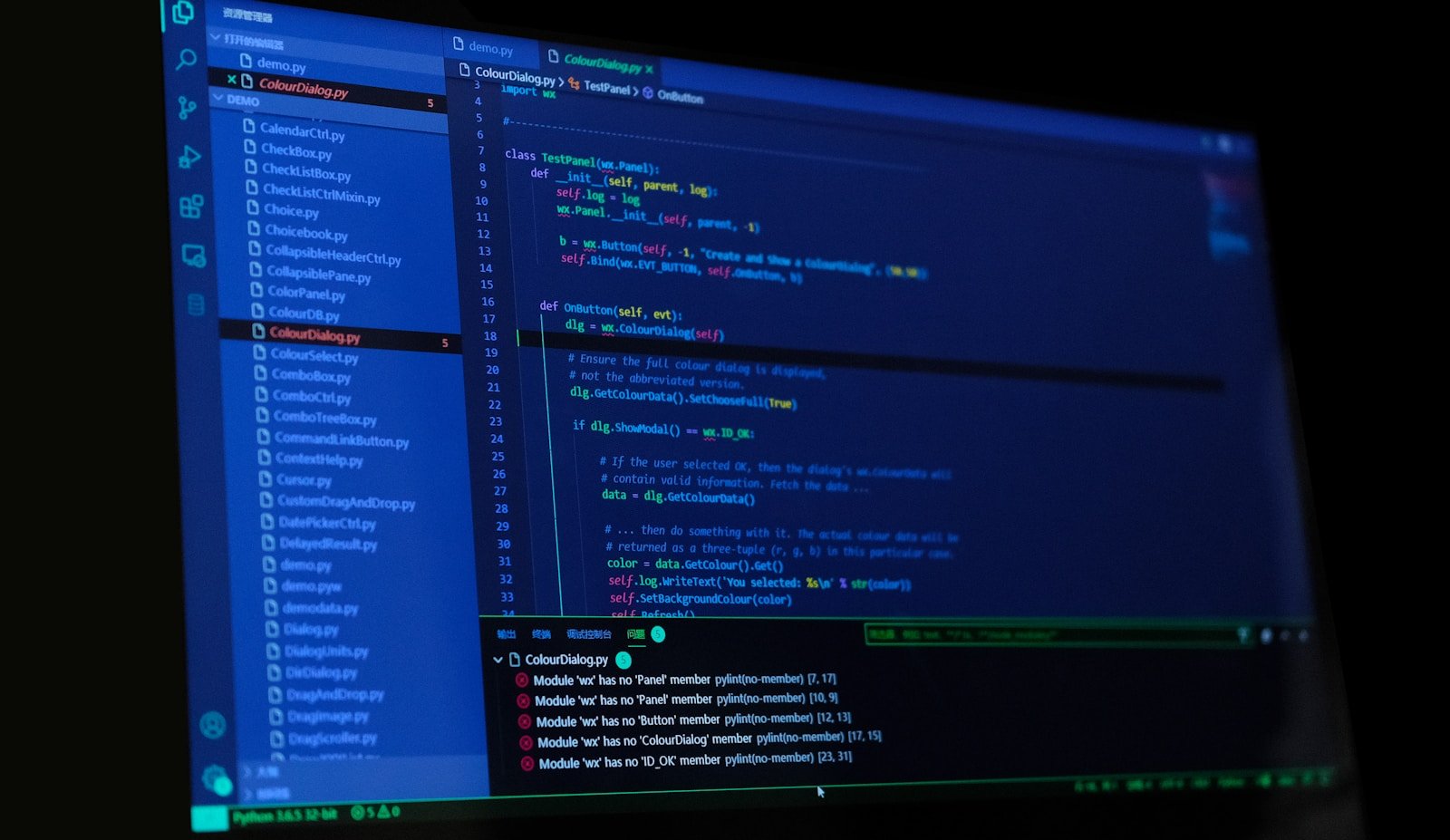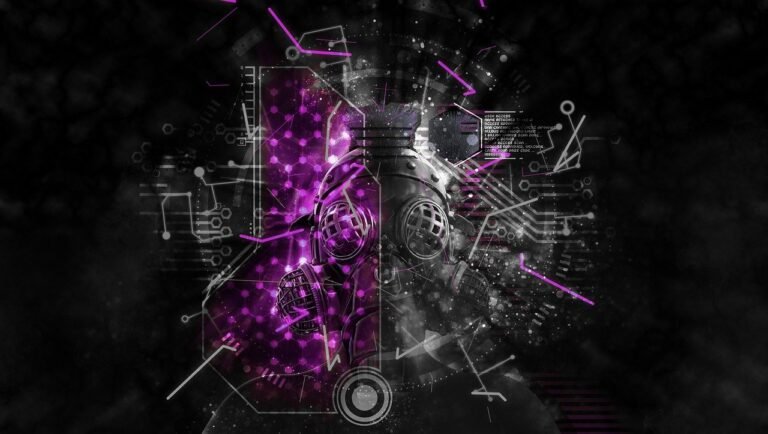Shadow Networks: The Real Enemy Isn’t the Tools — It’s the People Behind Them
Cyberattacks are getting smarter and more common. Governments are pushing hard to control weaponized hacking tools and known software flaws. But what’s being missed is how much the real danger lies in the people who use that knowledge. It’s not just about having access to advanced software. It’s about who can deploy it — the skilled individuals who understand how systems break, how to exploit them, and how to move quietly through defenses. Recent cases show former intelligence officers being hired by foreign powers to carry out cyber operations. These aren’t just tech users. They’re operators with years of hands-on experience in hacking, surveillance, and offensive cyber tactics. That kind of experience turns a tool into a weapon — and it’s now being bought, not just shared.
The shift isn’t just about acquiring software. It’s about acquiring expertise. Take the UAE’s deal to use “Karma,” a tool that exploits flaws in Apple devices. The country didn’t get access to a classified NSA tool. Instead, it bought the capability to exploit those flaws — showing that the real value isn’t in the software, but in knowing how to use it. These aren’t just hackers. They’re people who’ve seen how systems fail, how defenses are bypassed, and how to go undetected. That deep understanding makes attacks far more effective — and harder to stop.
The Hidden Power of Cyber Talent
- Former Intelligence Assets: People with backgrounds in agencies like the NSA are being recruited by foreign governments. They bring real-world experience in penetration testing, data exfiltration, and offensive operations — skills that aren’t taught in textbooks.
- Tool Acquisition Isn’t About Software: The UAE’s use of “Karma” proves that nations don’t just need tools. They need the know-how to use them. Access to software is one thing; knowing how to exploit it is another.
- Human Expertise Amplifies Risk: The real threat isn’t just in the tools. It’s in the people who understand how systems work — and how to break them. Their knowledge turns standard attacks into targeted, effective operations.
- Expanding Attack Vectors: Hiring these individuals opens new paths for spying, sabotage, and disruption — especially against critical infrastructure and sensitive data.
- Harder to Detect and Trace: These operatives don’t leave obvious digital footprints. Their methods are subtle, and their actions are hard to link to a single source.
Security teams and policymakers need to stop treating cyber threats as just software problems. The real danger is the network of skilled individuals operating in the shadows — people who know how to breach systems, who understand the rules of the digital battlefield, and who are now being hired by foreign powers. That’s not a technical gap. It’s a human one. And it’s growing.







